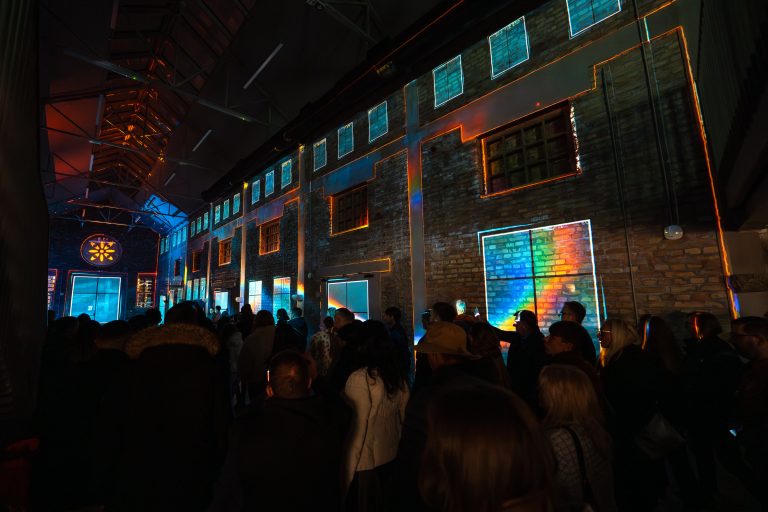As part of the finale of the seventh Kaleidoscope of Culture, the District will become a place of revival for one of the most provocative film movements of the former Yugoslavia – the Black Wave on 4th and 5 th October. This controversial movement, often labeled as radical, marked the domestic cinematography of the 1960s and early 1970s. Although it received international acclaim, in the former Yugoslavia it was sharply criticized for its politically engaged and socially critical themes. Many films were censored or banned, making them unavailable to the general public.
Filmmakers such as Dušan Makavejev, Aleksandar Petrović, Živojin Pavlović, Želimir Žilnik, Karpo Godina, and Lazar Stojanović tackled issues of unemployment, isolation, social vices, and marginalized people. The films openly criticized social and political conditions, leading some directors to face legal prosecution. This period was marked by the courage to depict society in its darkest light, as well as the readiness to question the ideals of the state at the time. The Black Wave was not just a film movement but also a cultural revolt against imposed norms, which makes it still relevant today, especially in the context of the struggle for artistic freedom. This is precisely why these films left a deep mark on world cinema.
The programme ’The Darkest Wave,’ which we will have the opportunity to see at the finale of the Kaleidoscope of Culture, brings us screenings of iconic films that will be shown at YCS OPENS in the District. We will see films such as Early Works (Želimir Žilnik, 1969), I Even Met Happy Gypsies (Aleksandar Petrović, 1967), On Love Skills (Karpo Ačimović Godina, 1972), Plastic Jesus (Lazar Stojanović, 1971), and When I’m Dead and Gone (Živojin Pavlović, 1967). Additionally, part of the accompanying programme includes the digitization of the film WR: Mysteries of the Organism (Dušan Makavejev, 1971), and we can expect the screening of the documentary Forbidden Without Ban (Milan Nikodijević and Dinko Tucaković, 2007).
We suggest you read the detailed schedule HERE, and the audience will also have the opportunity to participate in panel discussions with film experts and directors, such as Želimir Žilnik, whose iconic films will be the focus of this event.
Furthermore, on 5 October, the District will host the opening of the exhibition of the same name, ’The Darkest Wave,’ which will be held in the premises of the Radionica, Menza, and Biro. The exhibition combines artistic installations and archival documents, offering a contemporary artistic portrayal of the key topics and aesthetics of the Black Wave. Through innovative spatial installations, visitors will be able to experience visual and sound interpretations of the films and artworks of this period.
This event provides a unique opportunity for all film and art lovers to explore the legacy of the Black Wave from a different perspective – through interactive exhibitions, film screenings, and conversations with experts. Moreover, it encourages reflection on artistic freedom and courage, as well as on universal topics that were as provocative half a century ago as they are today.
Admission to all events is free, and you can find more information about the programme on the official Kaleidoscope of Culture website.







